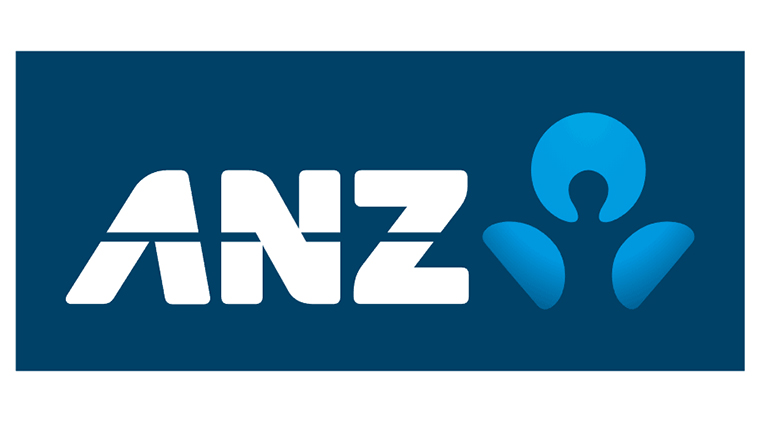ANZ Bank clarifies debanking case with Australian Bitcoin trader
Bitcoiner Allan Flynn has resolved its first complaint with Australia and New Zealand Banking Corporation (ANZ) regarding unilateral bankruptcy in 2018 due to his work as a Digital Currency Exchange (DCE).
The settlement comes 20 months after Canberra residents first filed a complaint against ANZ in the ACT Civil and Administrative Court.
In the settlement, ANZ found that it had closed its account due to the money laundering and terrorist financing (ML / TF) risks it had perceived on the exchanges. It also acknowledged that lifting Flynn’s ban “could result in unlawful discrimination in breach of Sections 7 (1) (p) and 20 of the 1991 Discrimination Act”.
ANZ, however, declines all responsibility and says that if it had discriminated against Mr Flynn by closing his account, that discrimination was justified in the circumstances and therefore legal “.
The ANZ statement also confirmed that following the discovery of DCE activities, their account was closed without contacting Flynn for further information about its activities. Flynn argues that such discrimination is illegal under Canberra law, which states, “It is a violation for anyone to discriminate against you based on your profession, trade, employment, or calling.
Although this first battle is over, it will bring Westpac Bank to court next Thursday for a second lawsuit.
Westpac closed its bank account in 2019, citing similar ML / TF concerns that it could become a crypto trader.
Flynn told Cointelegraph that the case is an important one as, for the first time, banks will be forced to say definitively whether they will serve Bitcoin traders. “I only ask for fair progress,” he said.
Flynn wants to plead human rights violations by the banks because they discriminated against him and his job. He believes this is the right way to take on the demand for more regulation and hopes the victory could force a policy change at the national or perhaps even international level.
“A victory over the banks could have a greater impact on occupational discrimination.”
He said a court ruling was widely followed by the public, while an earlier settlement based on a partial admission of guilt could help change policy. However, he fears that a loss could leave more bitcoins untreated.
Related: New Australian cryptocurrency law expected in 2022, Senator Bragg tells NFT Fest
His case is not an isolated one. Just last month, Fintech Australia’s chief executive officer Rebecca Schot-Guppy told the Senate that up to 91 members of her organization had been exposed for no apparent reason or appeal.
The Australian Transaction Analysis and Reporting Center (AUSTRAC) has been issuing increasingly specific regulations since 2015 on how DCEs must be operated and legally treated.
It is important that AUSTRAC has made it clear that the laws to combat money laundering and terrorism do not oblige banks to close the accounts of crypto traders.
Flynn believes the behavior of ANZ and Westpac shows that “banks don’t want to compete” and that if DCEs are allowed to operate freely, they are “breaking the speed limit and bypassing the traditional banking system”.
Follow the Youtube Channel | Subscribe to telegram channel | Follow the Facebook page














